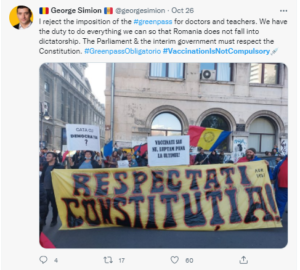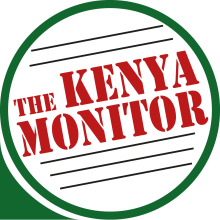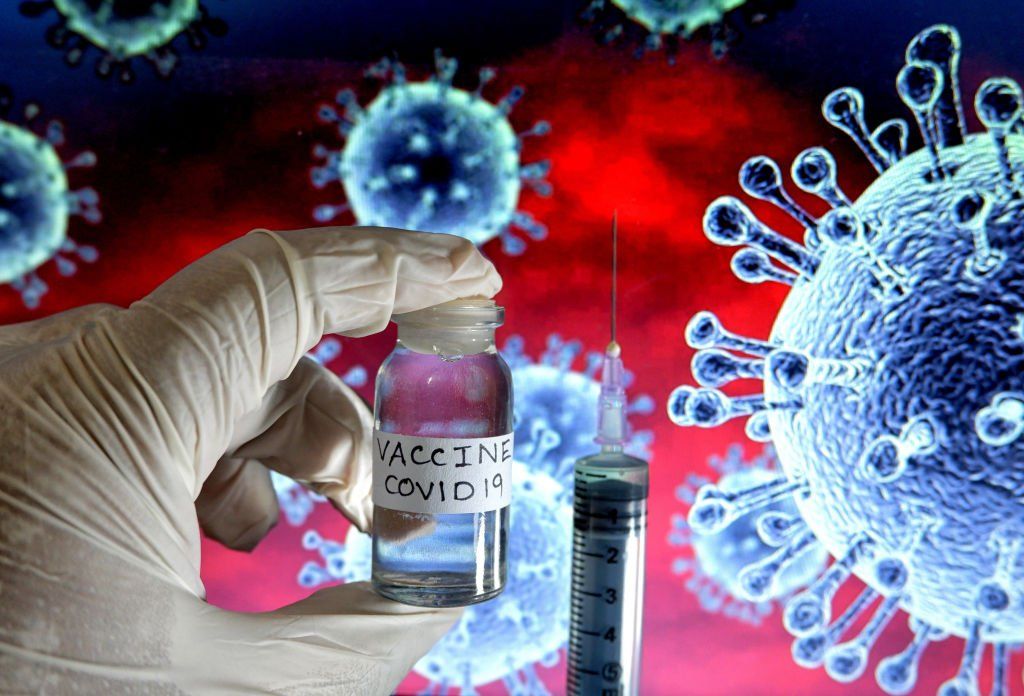At the onset of the covid-19 pandemic, social media emerged as a tool for socializing during the lockdowns. Many people who were working from home or were disconnected across cities and towns due to the lockdowns retracted to the social apps for reconnection and catching with the covid-19 news and information.
Over time, social media outlets emerged as sources of fake news and misinformation that have hindered some of the government activities on containing the covid-19 pandemic. Earlier on, thousands of fake news pieces took the internet by storm with falsified articles that suggested otherwise against the covid-19 treatment.
For instance, in India, there was a viral hashtag on #VaccinationisnotCompulsory to protest against the mandatory requirement of the covid-19 certification while travelling.

This year when the government of Kenya, rolled out COVID-19 vaccination, there emerged so many conspiracy theories which most were pushed on social media platforms to hinder the vaccination process. Although the vaccination process has been a global challenge, most of the hindrances are a result of negative conspiracy theories that have been brewed on social media. There have been so many instances of people refusing to take up the vaccine because of misinformation on social media. In May this year, Malawi destroyed nearly 20,000 doses of Astra Zeneca Vaccine that expired in mid-April due to propaganda as told by Quartz Africa.
Similarly, Kenya also announced that it intends to redistribute close to 200,000 vaccines to regions with higher demand due to slow uptake in others which was also a result of anti-vaccine propaganda in social media.
Another hindrance is the rural regions which perceive difficulty in adhering to government regulations on COVID-19 prevention, no perceived COVID-19 infection risk, concerns regarding vaccine safety and effectiveness while some are based on religious and cultural reasons.
A 2020 study on vaccine rumours and conspiracy theories found that people who were exposed to vaccine-related information on social media were more likely to be misinformed and become vaccine-hesitant. Another study backed by a separate study of 2000 adults in the United Kingdom (UK) conducted by the Royal Society for Public Health, who also found that two-fifths of the participants encountered negative messages about vaccination on social media platforms.
During the early days of vaccination, People often shared concerns, mistrust and rumours about vaccines on social media mostly on the side effects and the preferences of the vaccine which has since created a social media bias on vaccine preference. Several Kenyans have previously taken to social media for advice on which vaccine to take as a result of the vaccine biases that have been spewed around.
While the government has been at the forefront of sensitizing its citizens to take up vaccination, there is a need for the prioritization of interventions to address vaccine hesitancy and improve vaccine confidence as part of the vaccine roll-out plan. These messaging should be holistic to include the value of other public health measures, be focused and targeted to specific groups, raise awareness on the risks of COVID-19 and effectively communicate the benefits and risks of vaccines to the citizens


